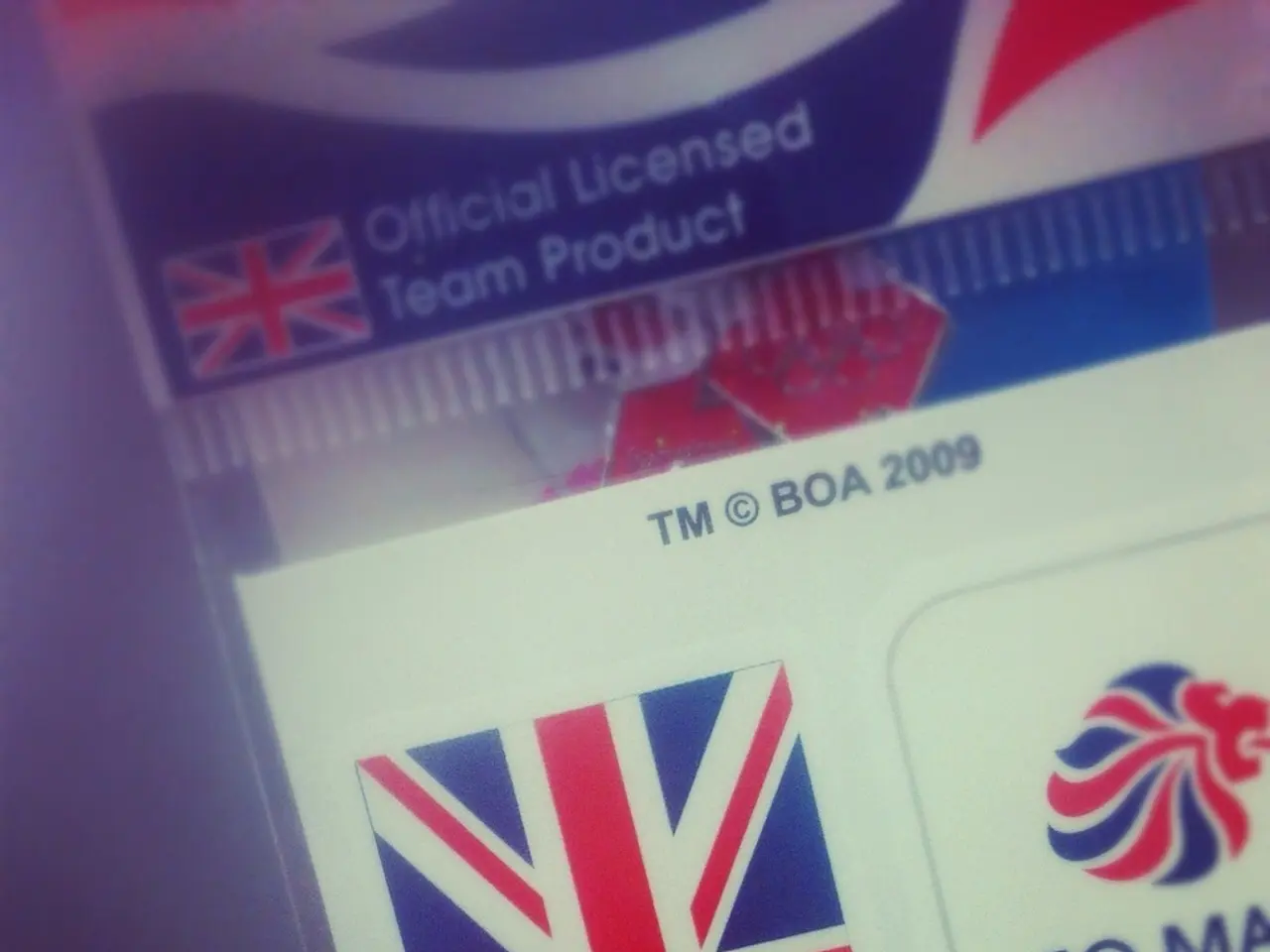German advertisers unite to redefine digital identity and data privacy rules
Advertisers in Germany are pushing for clearer rules on digital identity and data handling. They want systems that balance privacy with effective marketing. Over 75 companies have now joined forces to set new standards across Europe.
The move comes as brands and retailers increasingly rely on people-based identifiers to track ad performance. These tools link user data across devices—but only with explicit consent.
A coalition of more than 75 firms, led by Germany’s digital association Bitkom and the Federal Ministry for Digital and State Modernization, has signed a Memorandum of Understanding. Their goal is to promote the EU-wide digital identity wallet (EUDI-Wallet). Meanwhile, Austria is driving efforts to build sovereign digital infrastructure, including secure cloud and identity systems. Financial and fintech firms like Regula are also contributing by developing fraud-resistant verification platforms.
The industry argues that existing global technologies should be adapted under strict privacy rules rather than creating separate, limited systems. Fragmentation, lack of transparency, and reliance on closed platforms remain key concerns. Instead, the focus is on scaling proven solutions and integrating them into daily operations.
First-party data has become central to media planning, replacing older methods that relied on third-party tracking. Advertisers now demand open standards for precise, fair, and privacy-compliant audience targeting. The push is part of a broader effort to align Europe with global data protection and scalability requirements in a connected media landscape.
The initiative aims to create a unified, trustworthy framework for digital identity and advertising. Companies involved are working to ensure privacy and effectiveness go hand in hand. If successful, the new standards could reshape how data is used across Europe’s digital economy.
Read also:
- Peptide YY (PYY): Exploring its Role in Appetite Suppression, Intestinal Health, and Cognitive Links
- Ignorant Youth Unfamiliar with Quebec's Cultural Landscape
- PCOS-related Gas Buildup: Explanation, Control Strategies, and Further Insights
- Astral Lore and Celestial Arrangements: Defining Terms & In-Depth Insights - Historical Accounts & Glossary of Cosmic Mythology








